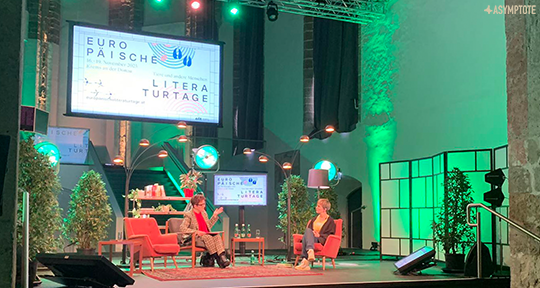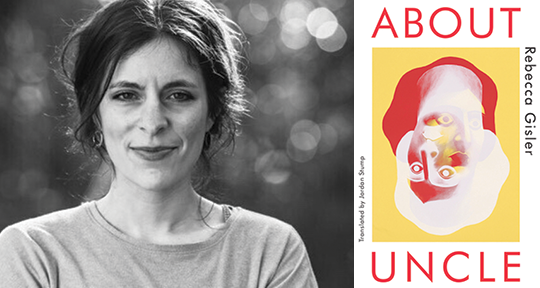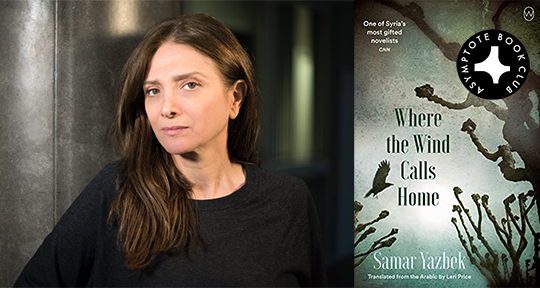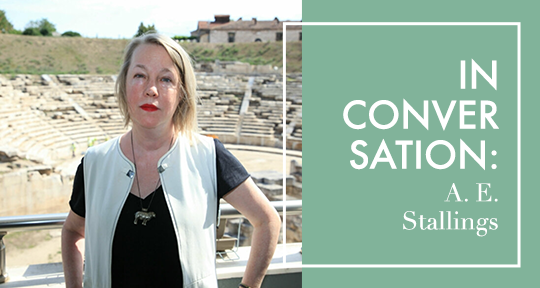In the world of contemporary English poetry, A. E. Stallings is a giant. Known for both her innovative, various work within traditional poetic forms as well as her extraordinary translations of ancient Greek and Roman texts, her poems celebrate both the timelessness and resilience of technique, as well as how ancient constructions can continually metamorphose and evolve to enliven contemporary internalities and realities. In this following interview, she speaks to the allure of the classics, the essential work of keeping words alive, and the symbiotic relationship between translation and poetry.
Sebastián Sánchez (SS): Although you’ve spoken on writing poetry from a young age, you did not start to learn Latin until you were an undergraduate at the University of Georgia, where you switched from an English and Music major to a Classics major. What was it about Classics that attracted you?
A. E. Stallings (AES): I think I probably always had a sneaking attraction to it… to anything a bit arcane or out of the ordinary. My grandfather had studied Greek in seminary (he was an Episcopal priest), and was proud of his accomplishments in that regard. My Dad had wanted me to take Latin in high school (having been quite good at Latin in high school himself), but in the end, defiantly, I took Spanish—which I also much enjoyed. But I think I started to feel I was missing out, missing something. You know, you would run into these Latin or Greek tags in English literature, and feel that this was something you really ought to know. In the end, I thought I’ll just take Latin 101 and get a taste for it, but I had an extraordinary and extraordinarily eccentric professor, Dr. Robert Harris (at the University of Georgia). The class was riveting. And my classmates were interesting too, harder to pigeonhole than the average English major or even music major.
I then just kept taking Latin classes (because what was the point, Dr. Harris would say, unless we were going to get as far as some Virgil, which he recommended we read in the graveyard), until one day the department head (Dr. Rick LaFleur) took me aside and suggested I might as well change my major at that point. As an aspiring poet, I also appreciated the rather old-fashioned close reading we did of poems—scanning the meter, memorizing, looking at allusions and sound effects, rhetorical devices. This felt useful to me as a writer. I was not particularly interested in theory, which perhaps was having an ascendance in other literature courses at that time.
SS: In 1999, you moved to Athens and have lived there ever since. What led you to make this decision, and how did this impact your development as a writer?
AES: It was supposed to be, like so many things in life, a temporary decision. My husband is Greek, and he wanted to try moving back to Greece and living there a while. I think we said two years. Two children and two decades later, of course, it seems more momentous than it did at the time. It is hard to say how it may have affected me as a writer. It did probably affect how I wrote about Greek mythology (it all seemed less… mythological, I guess), and no doubt made me more aware of modern Greek literature. It probably pushed me more towards Greek generally, even though I had trained more as a Latinist. It has affected me in other ways; being in Greece and married to a journalist, I felt like I was both on the edge of where things are happening and at the forefront of some more general trends—the economic crisis, the migration surge, and climate change, all of that seemed more visible and more towards the surface of things in Greece, which is on the border of so much. That in turn has changed how I read classical literature, with an understanding of the geography: the placement of Greece, in the Aegean, is further towards the East and the global South than Western classics departments tend to place it, at least theoretically. It has re-oriented my sense of Classical literature quite literally. READ MORE…














